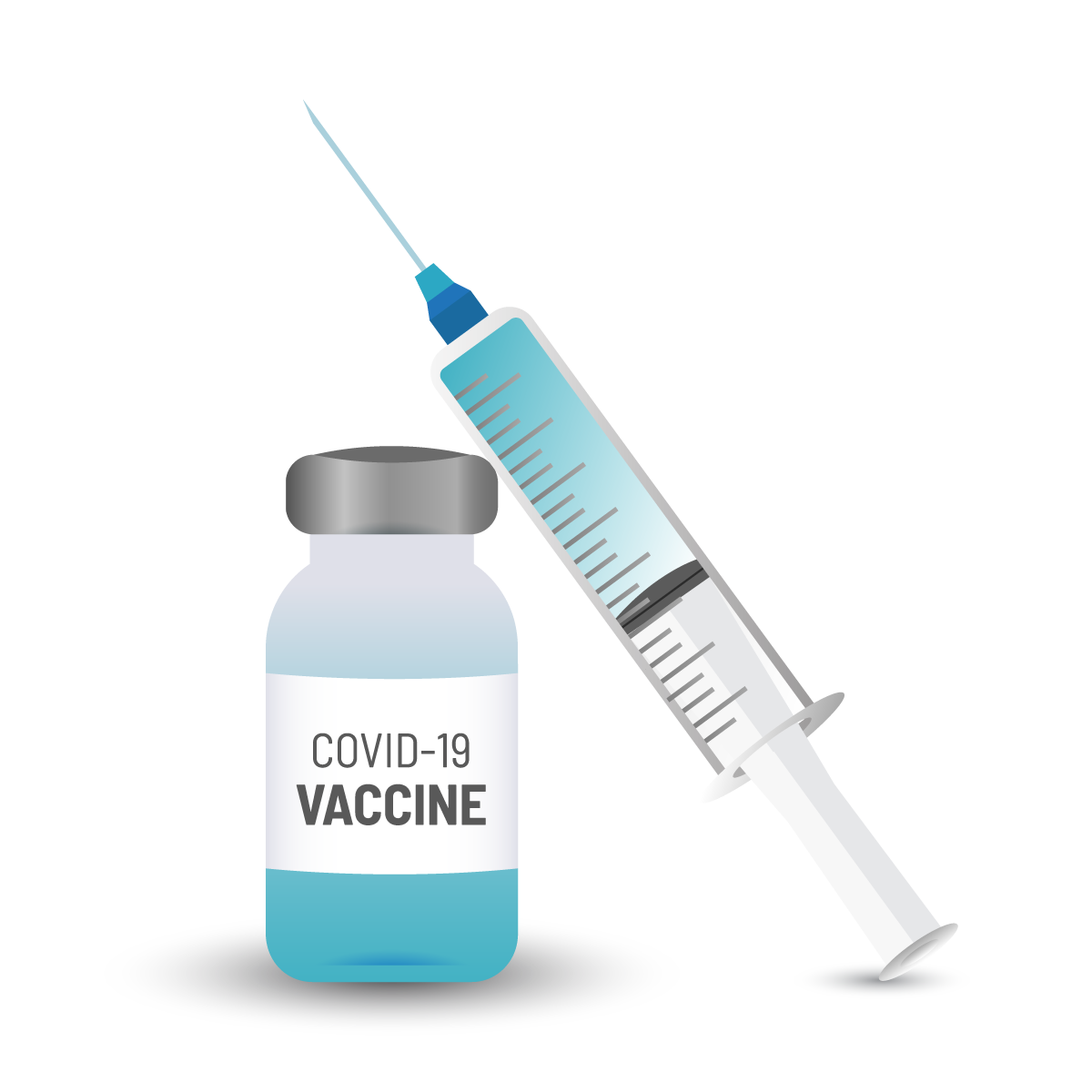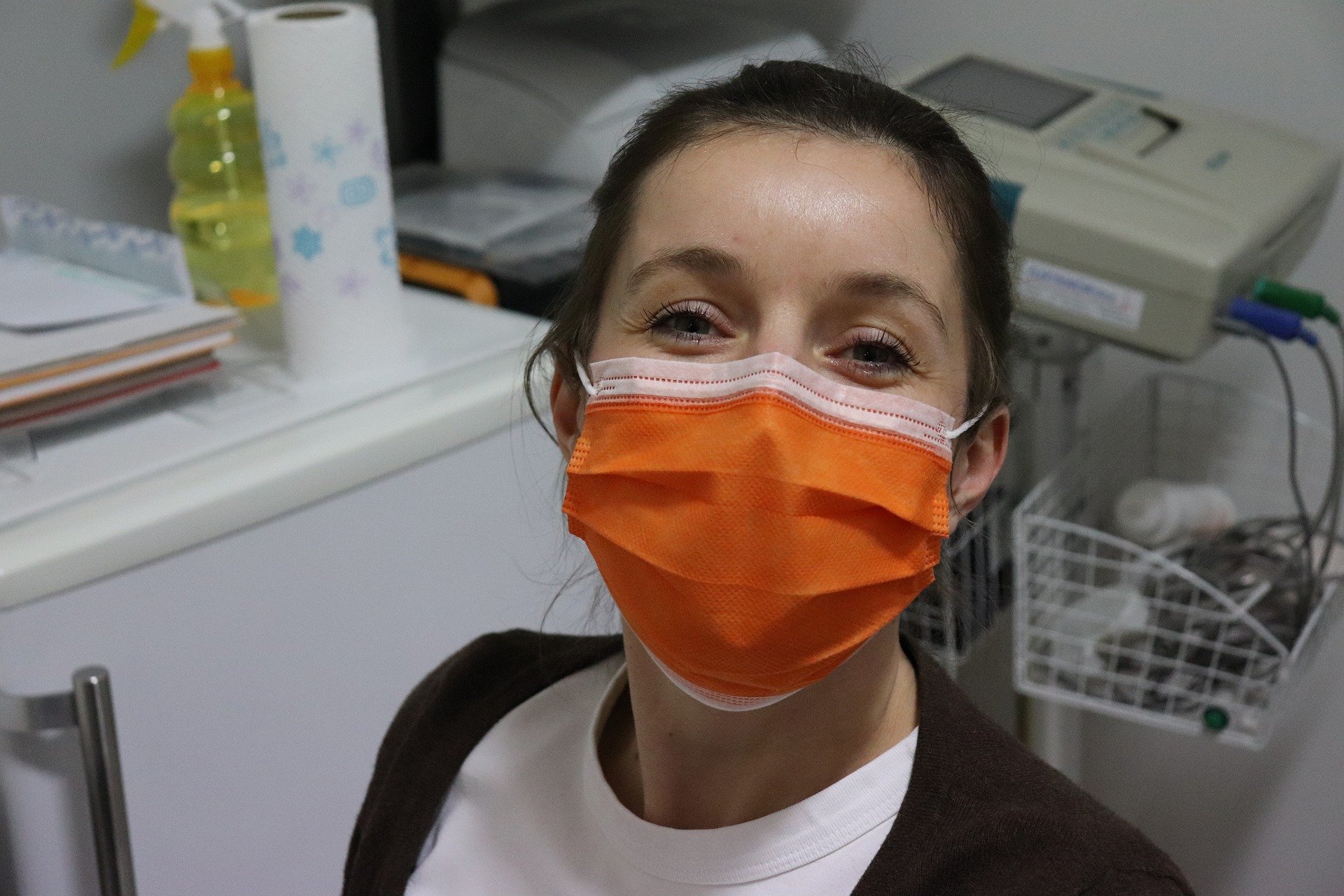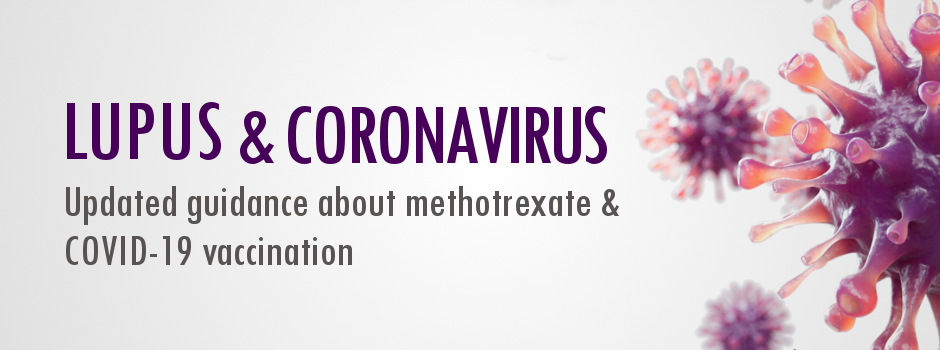
Updated guidance about methotrexate and COVID-19 vaccination
 August 03rd, 2022
August 03rd, 2022 Nakita Cambow
Nakita Cambow Latest News
Latest News 0 Comments
0 Comments
 The VROOM (Vaccine Response On Off Methotrexate) Study recently published the findings of their trial investigating the effect of pausing methotrexate on COVID-19 vaccine efficacy.
The VROOM (Vaccine Response On Off Methotrexate) Study recently published the findings of their trial investigating the effect of pausing methotrexate on COVID-19 vaccine efficacy.
What is methotrexate?
Methotrexate is a medicine that is sometimes used in the treatment of lupus as well as other inflammatory diseases such as rheumatoid arthritis and psoriasis. Methotrexate is an immunosuppressant medication and it helps treat lupus by turning down the overactivity in the immune system. However, it also reduces the body’s immune response to vaccination against COVID-19. Therefore, individuals who take methotrexate do not get as much protection from COVID-19 vaccinations as those who don’t take it.
 What was the purpose of the VROOM study?
What was the purpose of the VROOM study?
The researchers wanted to see if pausing methotrexate for a couple of weeks after the COVID-19 booster vaccine could improve the immune response. At the same time, they also wanted to study the effect of such a break from treatment on flare-ups, health and wellbeing.
Who could take part?
The researchers planned to recruit 560 people, at-least 18 years in age, taking methotrexate for a range of inflammatory diseases. Those taking part and their consultant had to be willing to pause methotrexate treatment for two-weeks if asked to do so. People with more serious conditions such as vasculitis, giant cell arteritis or myositis where a break in treatment may have resulted in worsening ill-health could not take part. Study participants needed to have already had two COVID-19 vaccinations before entering the study.
What did the study involve?
Those who took part were advised to either continue treatment as usual or stop taking methotrexate for two-weeks after receiving their next vaccination against COVID-19. For most people this was either their third or fourth COVID-19 vaccination. In order to make a fair comparison, the decision as to which people in the trial should have stopped or continued their treatment was made by chance, using a computer program.
Those taking part in the study received a text message asking about their health two weeks after the booster vaccination. They attended their local hospital four weeks and twelve weeks after their COVID-19 booster. At these visits, they gave information about their health and wellbeing and a blood sample to measure the level of immunity produced by the booster.
How was the level of immunity measured?
The COVID-19 virus has spike shaped proteins at its surface. Vaccination against COVID-19 results in the body’s immune system making proteins called antibodies that bind to the spike shaped protein. These are known as antibody against the spike protein. The researchers measured the amount of this antibody in people’s blood to get an indication of the level of immunity.
What has been the study progress to date?
The trial recruited participants in 26 NHS hospitals across England and Wales. Recruitment of new participants into the trial was stopped after 254 participants were recruited because the results showed convincing benefit.
What has the VROOM study found so far?
- At the start of the study, all those taking part had low levels of antibodies against the COVID-19 spike-protein. This was expected given that all had been vaccinated at-least six months before joining the VROOM study.
- After the COVID-19 booster people had whilst in the VROOM study, in those that paused methotrexate after vaccination, there was more than twice as much antibody against spike-protein at four and twelve weeks after the vaccination compared to those that continued treatment.
- The improvement in vaccine response in the paused group was similar in all age groups, for people with joint or skin conditions, and in those with or without previous COVID-19.
- People who paused methotrexate had more disease flares as would have been expected. However, most flares were self-managed and the number of people seeking NHS help was similar in the two study groups.
- The quality of life and general health was similar between those that paused methotrexate or continued as usual.
 Where can I find the results in full?
Where can I find the results in full?
These results have been published in a medical journal called Lancet Respiratory Medicine Journal. They have been published with Open Access, meaning that anyone can read them for free. You can access the full published findings, HERE.
What are the research team doing now?
The research team are doing further tests to find out if the immune-response in people that paused methotrexate treatment for two weeks is also more efficient at killing the coronavirus. The VROOM study participants are also being followed-up for 26 weeks after their booster vaccination to see if their improved immune response lasts. We will tell you more about these extra results when they have been completed.
Should I pause methotrexate treatment after vaccination against COVID-19?
Talk to your hospital team or the GP before you decide what to do. They will advise you on the best course of action for you, taking your preference, condition, and how well your disease is controlled into account.
The British Society for Rheumatology (BSR) have updated their guidance about COVID-19 vaccination to reflect the findings from the VROOM Study. You can see their full guidance HERE.
I am taking another immunosuppressant treatment, should I pause it after vaccination against COVID-19?
At present, there is insufficient evidence about the effect of pausing other immunosuppressant treatments (such as mycophenolate mofetil or azathioprine) on COVID-19 efficacy and risk of flares. You may wish to discuss this with your consultant. It is not recommended to pause your treatment without the approval of your doctor.
If you need more information about lupus and COVID-19 vaccination, please visit our article HERE.



 ©2024 LUPUS UK (Registered charity no. 1200671)
©2024 LUPUS UK (Registered charity no. 1200671)